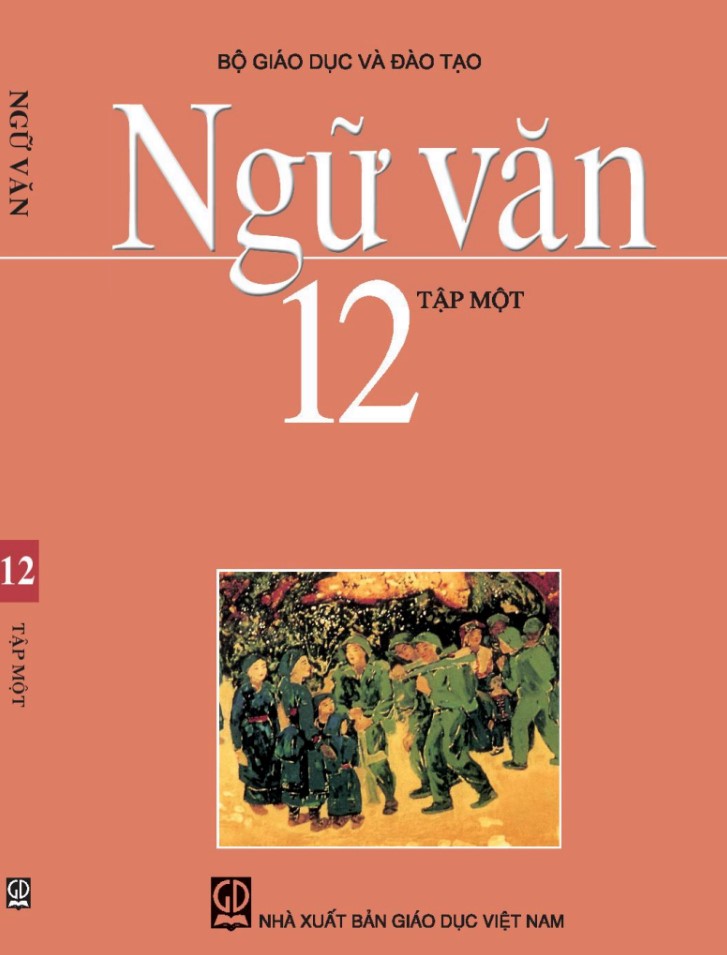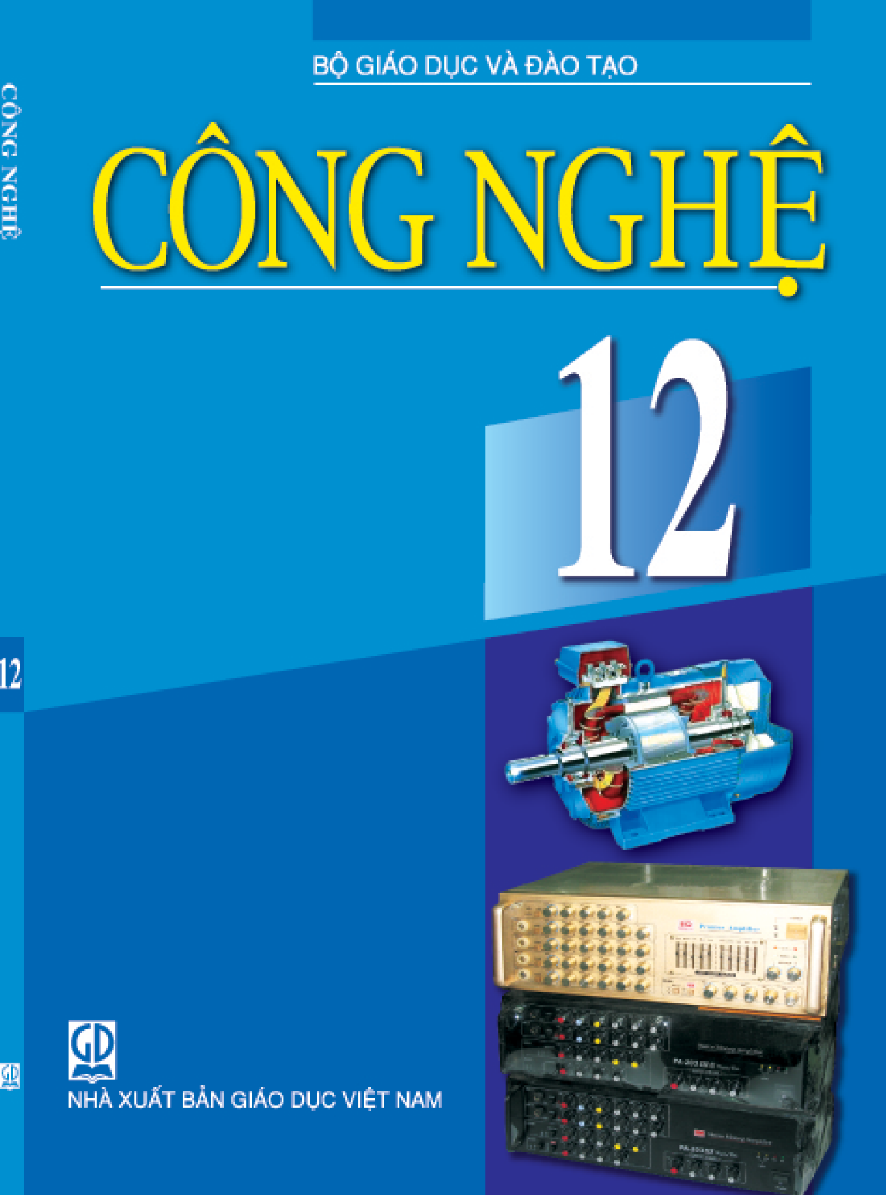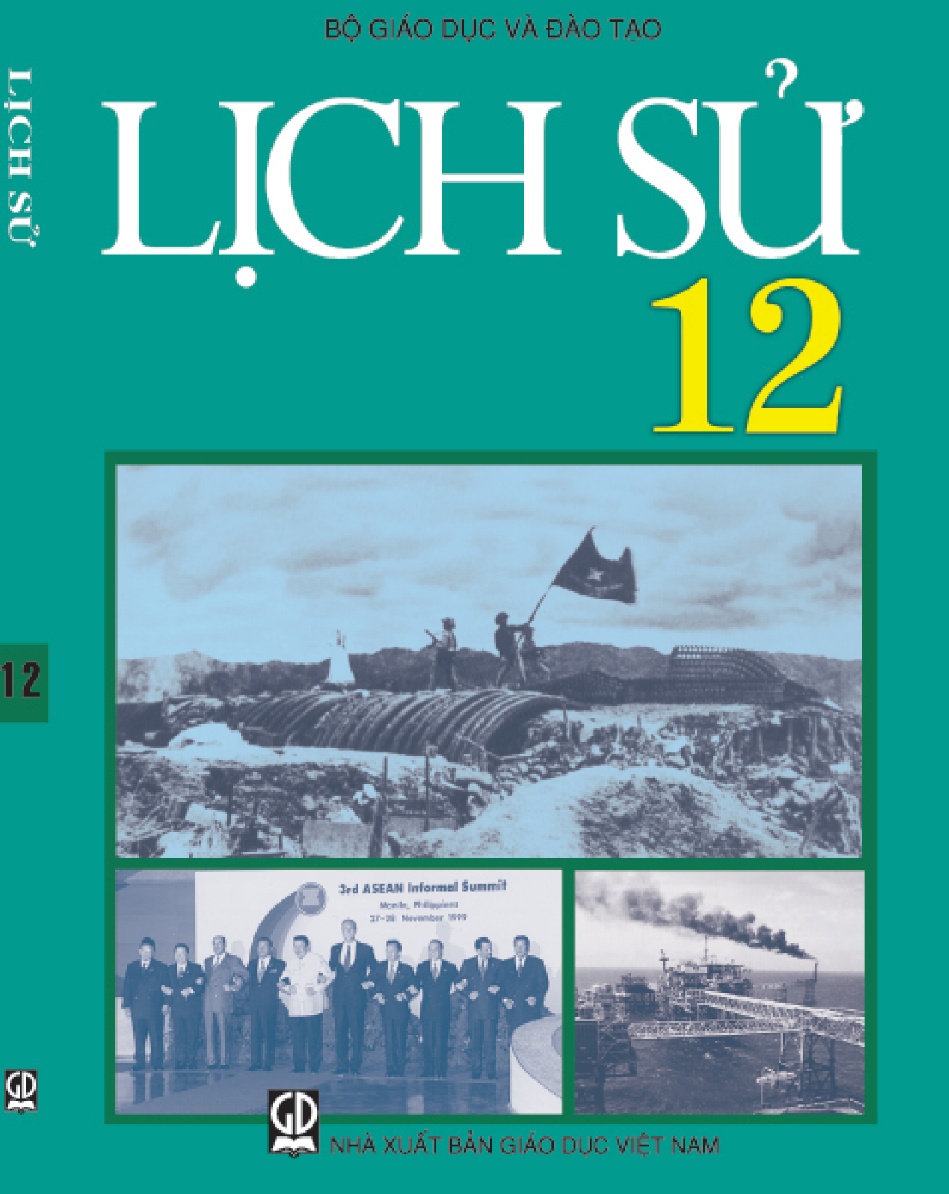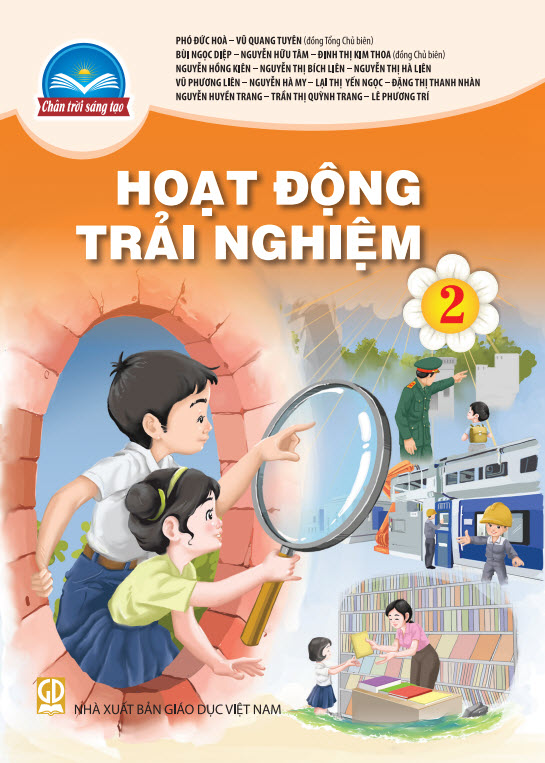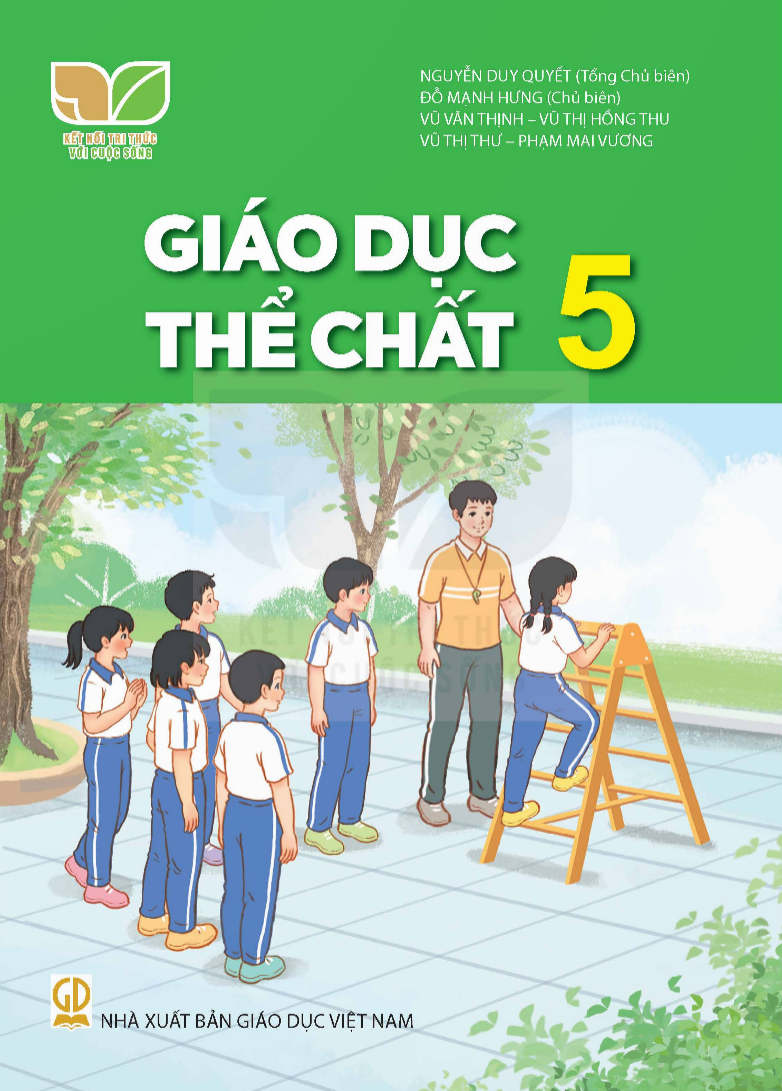(Page 140)
I. LANGUAGE
Pronunciation
1. Mark the letter A, B, C, or D to indicate the word whose underlined part differs from the other three in pronunciation. 
1. A. candidate B. education C. adapt D. adult
2. A. distance B. require C. lifelong D. hire
2. Mark the letter A, B, C, or D to indicate the word which differs from the other three in the position of the main stress. ![]()
1. A. maintain B. inform C. widen D. pursue
2. A. experience B. community C. intelligence D. education
3. Underline the stressed words in the sentences. Listen and check. Then practise saying the sentences with a natural rhythm.
1. I've been taking online courses for more than three months.
2. Lifelong learning is the key to success for people of all ages.
4. Circle the correct intonation pattern in the following questions. Listen and check. Then practise saying them in pairs.
1. Do you want to become a teacher ⬜ or a businessman ⬜ ?
A.  ...
...  B.
B.  ...
... 
2. A: Working as a firefighter is very dangerous, isn't it ⬜ ?
B: Yes, but I got used to it.
A.  B.
B. 
Vocabulary
1. Mark the letter A, B, C, or D to indicate the word or phrase CLOSEST in meaning to the underlined word or phrase. ![]()
1. When my brother worked in Seoul, he could brush up on his Korean.
A. improve quickly B. widen
C. require D. clean up
2. After leaving school at 18, my brother got several part-time jobs to gain some work experience.
A. wonder B. offer C. obtain D. need
3. The office manager has scheduled several job interviews with the best candidates for the position.
A. employees B. researchers C. interviewers D. applicants
4. The newly opened factory has to deal with stressful situations in a very competitive market.
A. cope with B. develop C. replace D. maintain
2. Mark the letter A, B, C, or D to indicate the word OPPOSITE in meaning to the underlined word. ![]()
1. Thanks to advanced technology, some physically demanding jobs can be automated.
A. passionate B. manual C. fascinating D. stressful
2. She left her current job in a big finance company in order to pursue her passion for fashion design.
A. interest B. attention C. dislike D. spirit
3. The school provides students in both primary and secondary levels with a well-rounded education.
A. irrelevant B. general C. flexible D. limited
4. The training course aims to help employees stay informed about the changes in their industry.
A. unaware B. updated C. knowledgeable D. illiterate
(Page 141)
3. Read the following passage and mark the letter A, B, C, or D to indicate the correct word or phrase that best fits each of the numbered blanks from 1 to 8. ![]()
When Mai was still at school, she thought she should (1) _____ a career in secondary education. A teaching job requires not only a university degree, but also work (2) _____. She attended an education fair and was advised to start developing her (3) _____, especially her communication, problem-solving and decision-making skills. Then she decided to study journalism and upon graduation, she found a job at a newspaper publisher. It didn't take Mai long to (4) _____ to her working environment. Although she often works overtime, she still finds time to (5) _____ on her Italian. She has also become part of an online (6) _____ where she can practise her Italian. She is also saving money to apply for an MA (7) _____ programme. She hopes that getting a master's degree will help her (8) _____ the professional career.
1. A. pursue B. apply C. require D. motivate
2. A. experience B. distance C. character D. assistant
3. A. time-management skills B. leadership skills C. soft skills D. talents
4. A. hire B. prepare C, adopt D. adapt
5. A. look up B. pick up C. catch up D. brush up
6. A. qualification B. learning community C. position D. lifelong learning
7. A. night school B. hardship C. passion D. distance learning
8. A. hire B. inform C. boost D. require
Grammar
1. Mark the letter A, B, C, or D to indicate the underlined part that needs correction in each of the following sentences. ![]()
1. My sister is looking forward up starting an online course on fashion design.
A B C D
2. Some of my teammates decided to leave the company and look for another job as they couldn't put up on our new manager's
A B C D
behaviour .
3. Carmel's manager offered give her weekly feedback on her work.
A B C D
4. The police officer ordered the men to come out of the building and putting their hands up.
A B C D
5. Mary stopped attending the online course because it didn't live down to her expectations.
A B C D
6. The gathering was a great opportunity for family and friends to catch up about each other's news.
A B C D
2. Mark the letter A, B, C, or D to indicate the correct answer. ![]()
1. The manager advised his employees _____ their projects before the long holiday.
A. complete B. to complete C. completed D. completing
2. The Human Resource Department _____ me to provide two professional references who can confirm my qualifications for the position.
A. asked B. offered C. refused D. agreed
3. The company should hire a media representative to get _____ to customers.
A. away B. in C. on D. through
4. Although my grandmother is a lot older than the other students in her singing class, she finds it easy to get _____ with them.
A. on B. forward C. up D. to
5. I'm enjoying my current job. It has _____ my expectations.
A. run away with
B. lived up to
C. cut down on
D. looked forward to
6. He had a lot of work experience, but he found it difficult to _____ the latest technology trends.
A. get on with
B. cut down on
C. keep up with
D. run away from
(Page 142)
3. Mark the letter A, B, C, or D to indicate the reported sentence that is closest in meaning to each of the following direct speech sentences. ![]()
1. 'You should spend 20 minutes a day practising your English," my teacher told me.
A. My teacher offered to spend 20 minutes a day speaking English to me.
B. My teacher refused to spend 20 minutes a day speaking English to me.
C. My teacher advised me to spend 20 minutes a day practising my English.
D. My teacher ordered me to spend 20 minutes a day practising my English.
2. 'Don't leave the office before 6 p.m,' our manager said.
A. The manager told us not to leave the office before 6 p.m.
B. The manager refused to leave the office before 6 p.m.
C. The manager advised us not to leave the office before 6 p.m.
D. The manager offered to leave the office before 6 p.m.
3. 'Please show me your identity card before you enter the building,' the security guard asked me.
A. The security guard refused to show his identity card to me when I entered the building.
B. The security guard asked me to show him my identity card before I entered the building.
C. The security guard advised me to show him my identity card before I entered the building.
D. The security guard offered to show me his identity card before I entered the building.
4. "I'll show you how to use the new software,' my manager said.
A. My manager asked me to show him the new software.
B. My manager advised me to show him how to use the new software.
C. My manager refused to show me how to use the new software.
D. My manager offered to show me how to use the new software.
